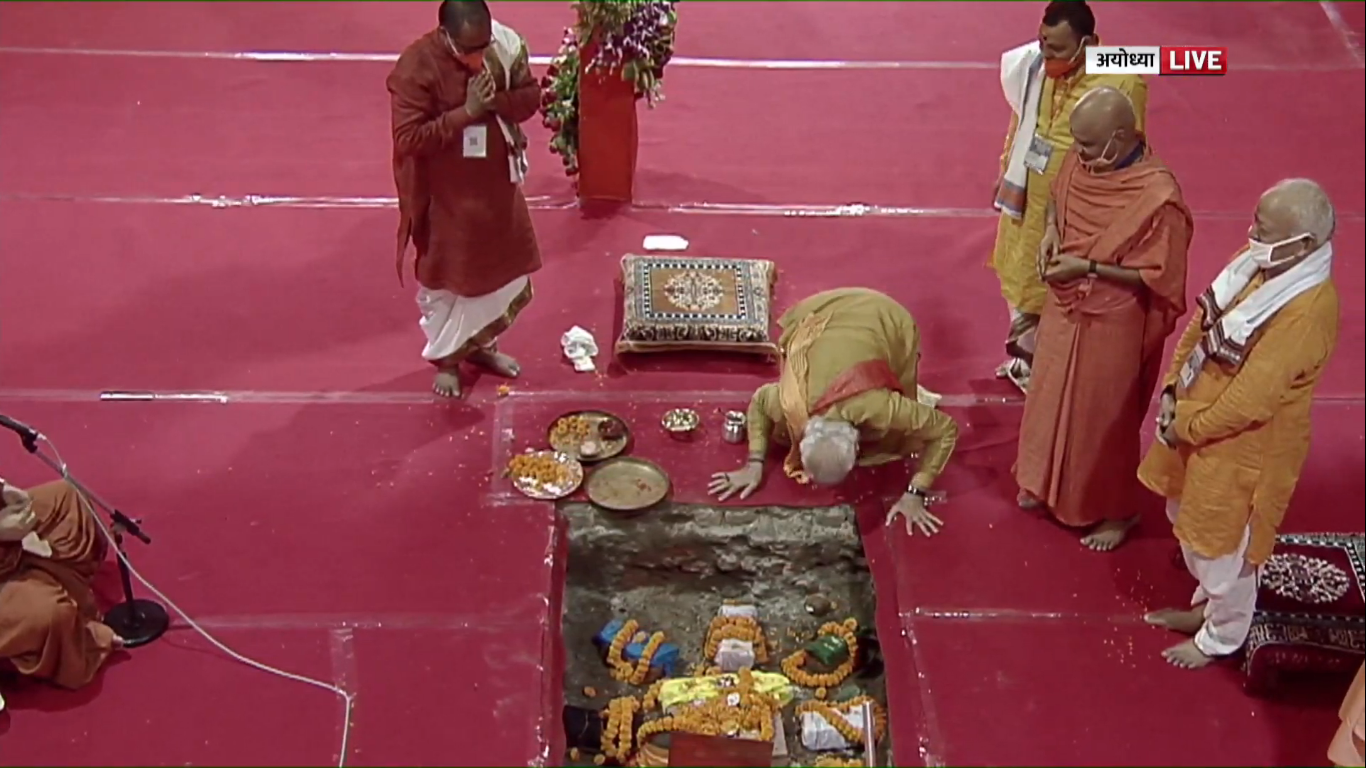NEW DELHI, FEB 18: After billionaire diamond merchant Nirav Modi, another defaulter Vikram Kothari, the promoter of Rotomac Pen, has also allegedly gone abroad after swindling ₹800 crore from various public sector banks including Allahabad Bank, Bank of India and Union Bank of India, sources said.
The Kanpur-based company’s owner had taken a loan of more than ₹800 crore from over five state-owned banks.
Five banks on list
Allahabad Bank, Bank of India, Bank of Baroda, Indian Overseas Bank and Union Bank of India compromised their rules to sanction loans to Rotomac, the sources said.
According to local media reports, the promoter said speculation of his fleeing the country is baseless. “I am a resident of Kanpur and I will stay in the city. However, I do have to travel to foreign countries for business purposes,” Mr. Kothari said.
Mr. Kothari took a loan of ₹485 crore from the Mumbai-based Union Bank of India and a loan of ₹352 crore from the Kolkata-based Allahabad Bank.
A year later, Mr. Kothari has reportedly not paid back either the interest or the loan.
Last year, Bank of Baroda (BoB), a consortium partner, declared pen manufacturer Rotomac Global Pvt Ltd as “wilful defaulter.”
The company then moved the Allahabad High Court seeking removal of its name from the list of wilful defaulters.
A Division Bench comprising Chief Justice D.B. Bhosle and Justice Yashwant Verma had passed the order on a petition filed by the company, contending that it had been wrongly declared a “wilful defaulter” by BoB despite having “offered assets worth more than ₹300 crore to the bank since the date of default.”
Rotomac was declared a wilful defaulter vide an order dated February 27, 2017 passed by an authorised committee, as per the procedure laid down by the Reserve Bank of India.







Comments
Uff desh bhakton kyun desh ki band bajarahey ho
Add new comment